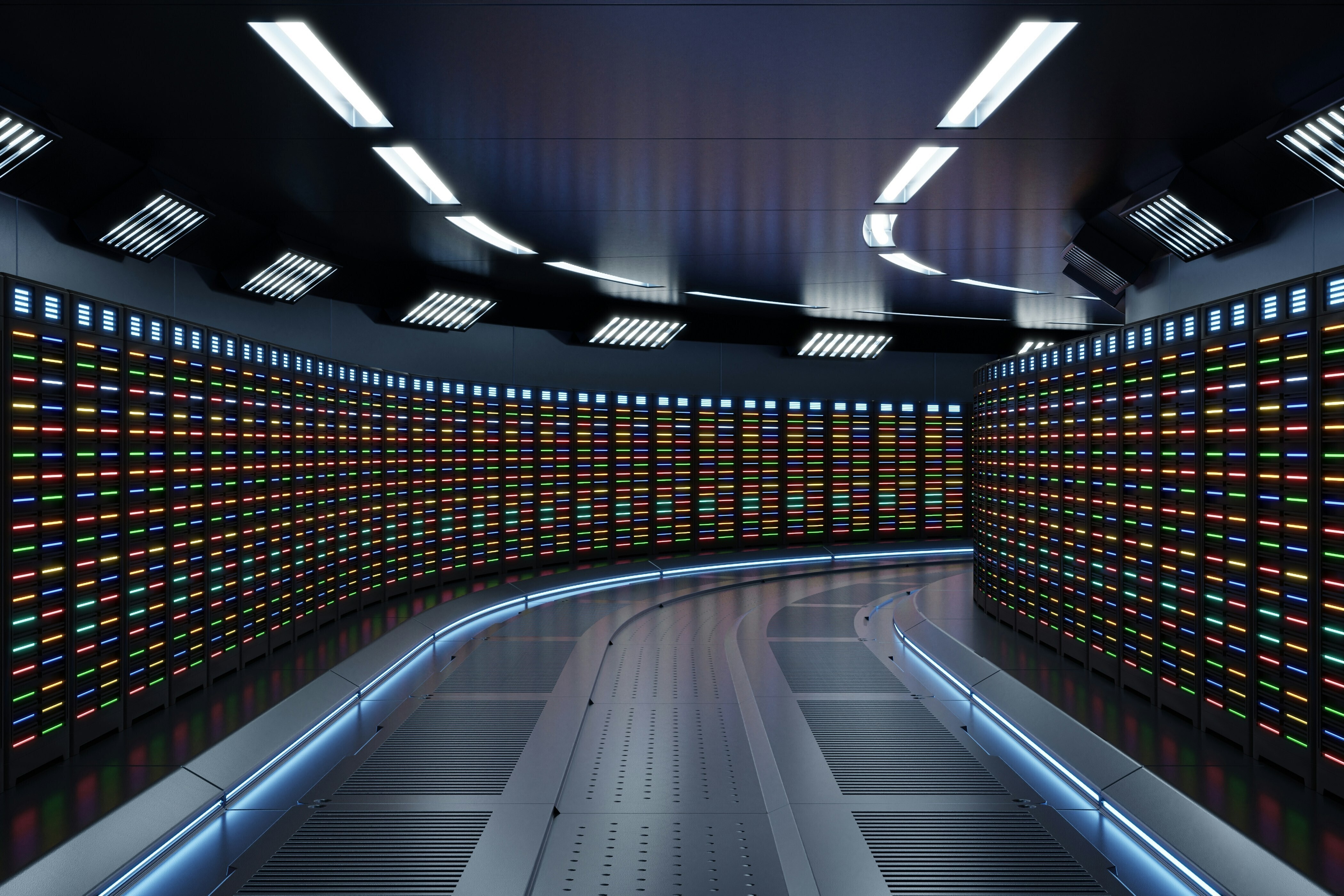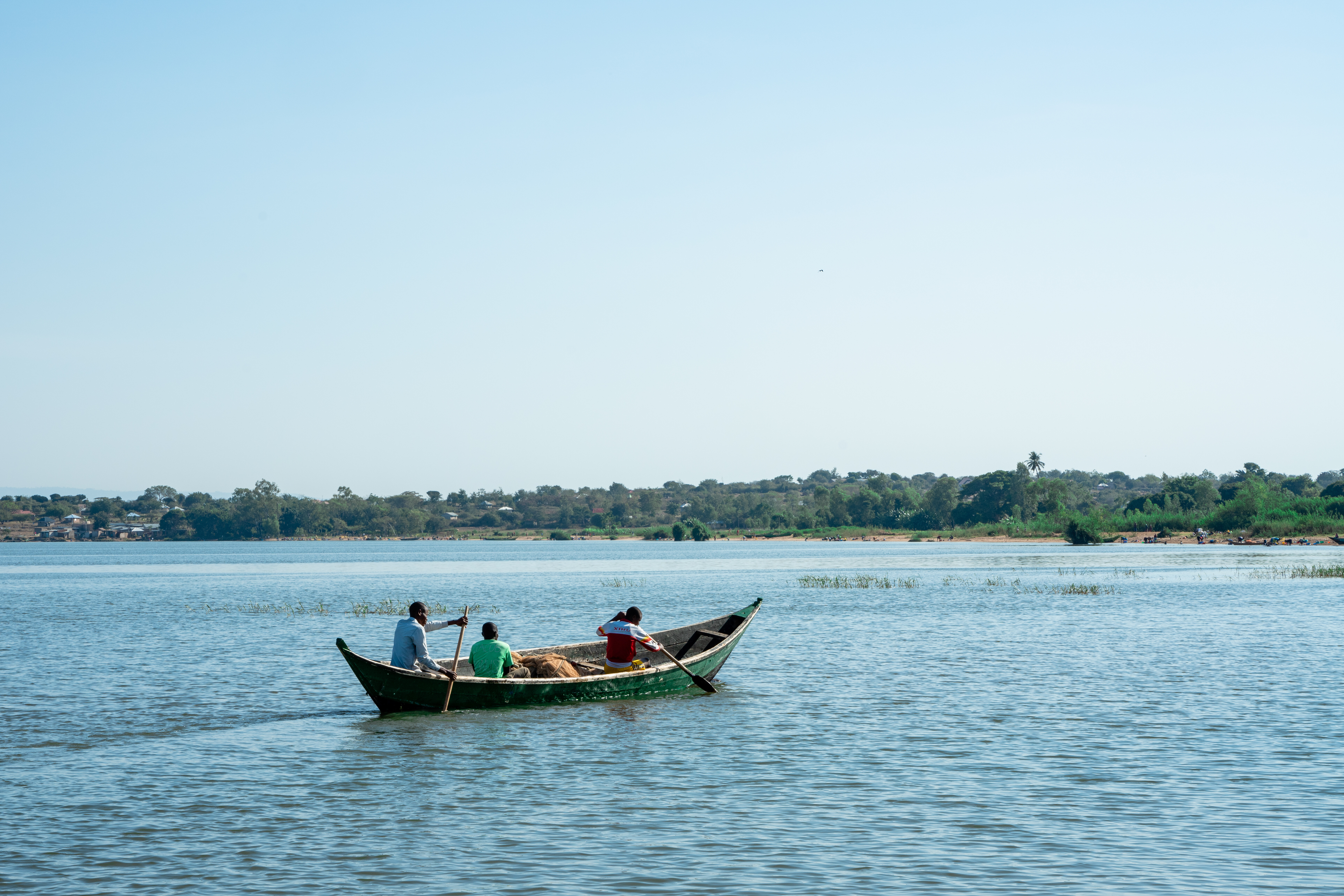This app lets you order leftovers to help fight food waste

The app helps you to 'rescue' food that would otherwise go to waste Image: Unsplash/ Brett Jordan
- One-third of all food is lost or wasted.
- The Too Good To Go app wants to help solve the problem by finding a home for food that might have gone to waste.
- Users can pick up surplus food from cafes, hotels and restaurants for a low price.
The statistics on global food waste make for grim reading. And as more consumers become aware of the problem, a Danish tech start-up with nearly 20 million users has declared war on unwanted food.
Mette Lykke is one of the World Economic Forum’s Young Global Leaders. She is also CEO of Too Good To Go, a business that acts as a marketplace to bring together people with surplus food and those who want to buy it.
In 2015, Lykke sold her fitness app business, Endomondo, to Under Armour for $85 million. She joined Too Good To Go, and today it employs more than 400 people and operates in 15 countries. The company says it wants to inspire 50 million people to change the way they eat by 2020.
Pressing problem
It’s estimated that more than one-third of all food produced ends up lost or wasted. That could be because of problems in the production process, inadequate storage conditions, or damage in transit. But it can also be caused by consumers in rich countries who buy more than they need then throw away what doesn’t get eaten. All while 795 million people in the world go hungry.

Businesses supplying food to consumers can find it hard to predict how much they need to make available. No restaurant wants to run out midway through service, which can lead to them buying too much of some things. Items that aren’t sold or eaten end up in the trash, adding to the global food waste mountain.
Diverting that unwanted food and making it available to consumers is one way to tackle the waste problem – and that’s the idea at the heart of Too Good To Go.
Nice surprise
This is how it works. You download the app and browse all the available offers in your area. That might include dinner from a restaurant, lunch from a cafe, or breakfast from a famous-name hotel. You make your selection, pay via the app, and show your in-app order confirmation on collection.
However, you won’t always know what you’ll be tucking into until you collect it – you get a Magic Bag. Just as a restaurant cannot say with 100% certainty what quantities of each particular food item will be eaten, the app can’t predict exactly what those leftovers will be. So you can pick up breakfast from a hotel for a little over $4, but its precise composition will remain a mystery until you collect it.
In addition to helping businesses sell surplus food to hungry bargain-hunters who want to help the planet, Too Good To Go also offers ideas to help people cut down on food waste in other ways. Its blog offers recipes for dishes like the “Use-Everything-Up Veggie Bolognese” and beetroot hummus, plus tips on how to use up food at home.
Don't miss any update on this topic
Create a free account and access your personalized content collection with our latest publications and analyses.
License and Republishing
World Economic Forum articles may be republished in accordance with the Creative Commons Attribution-NonCommercial-NoDerivatives 4.0 International Public License, and in accordance with our Terms of Use.
The views expressed in this article are those of the author alone and not the World Economic Forum.
Stay up to date:
Food Security
Forum Stories newsletter
Bringing you weekly curated insights and analysis on the global issues that matter.
More on Food, Water and Clean AirSee all
Wesley Spindler, Laura Fisher and Luna Atamian Hahn-Petersen
November 18, 2025







